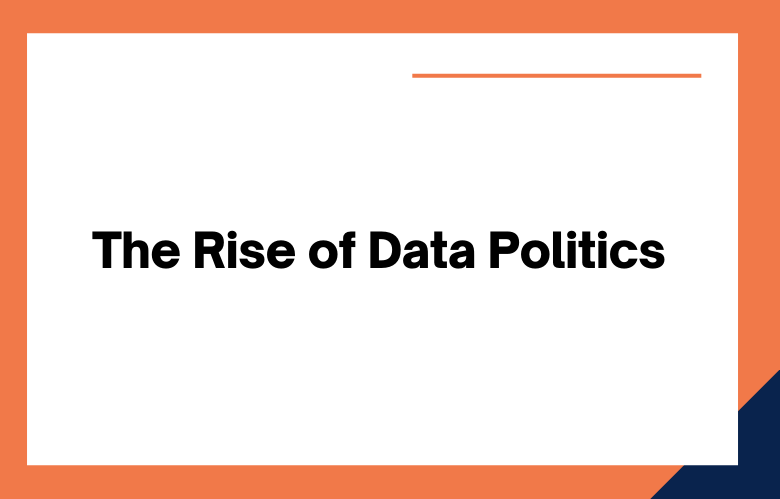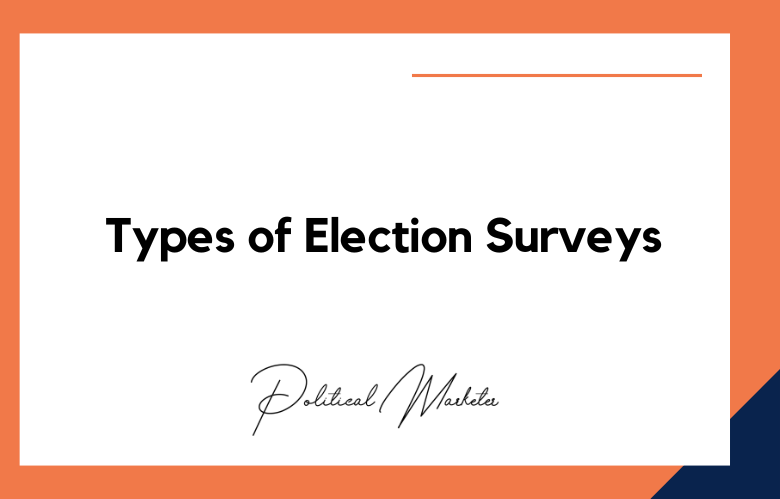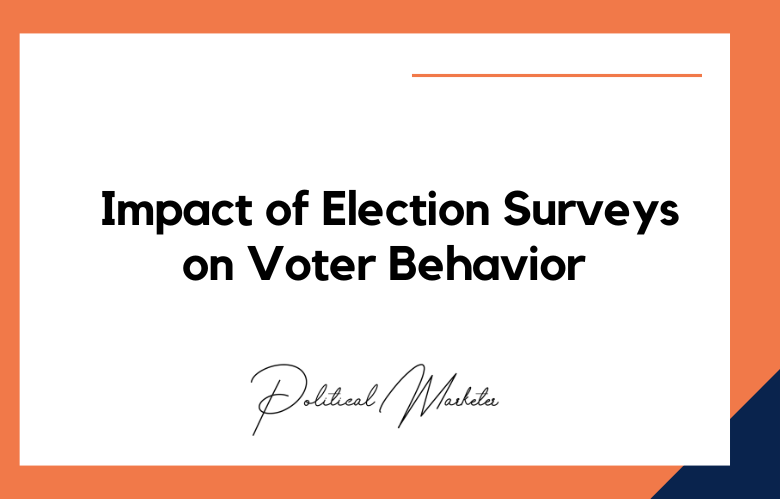Political Digital Transformation: Politics is all about making informed decisions. To do this, you need data. The problem is that most political organizations are not set up to collect, analyze and use data effectively.
This is where Political Digital Transformation can help. Adopting new technology tools and processes can make your organization more efficient and effective.
And by integrating data into your decision-making process, you can improve the quality of your decisions and achieve better outcomes for the people you represent. So, if you want to improve your political organization, focus on data and digital transformation.
Politics is changing, and the traditional methods of campaigning and communicating with constituents don’t work as well as they used to. Political organizations need to embrace digital transformation to stay ahead of the curve.
Data is a critical part of this process, and it’s essential to use data on the right path. Here are a few ways that data can help your organization make a move to digital transformation:
- Data can help you understand your audience better.
- Data can help you target voters more effectively.
- Data can help you track ROI on your campaigns.
- Data can help you improve your messaging strategy.
- Data can help you
What is data, and why is it essential for digital political transformation
It is not enough to know what data is. One must also understand why information is vital, particularly when discussing digital political changes.
Data can be traced as the oil of the digital economy and society. All online activity produces data, ranging from the likes on a Facebook post to the search terms typed into Google. This data is then processed and organized by algorithms before being sold to corporations or governments.
While some might see data as a dry and dull topic, it is essential to understand digital political processes. Data helps in tracking and predicting voter behavior, which allows campaigns to target specific demographics with tailor-
What is data?
Data is the foundation of digital transformation. Without data, you can’t enable automation, identify opportunities, or make decisions that improve efficiency and effectiveness.
Why is data necessary for digital political transformation?
The goal of digital transformation is to enable a government to be more effective and efficient in its delivery of services to citizens. Data is critical to achieving this goal, as it provides the insights needed to inform decision-making and drive change.
How can data be used to improve the effectiveness of digital campaigns?
Data is a crucial component of any effective digital campaign. Analyzing how customers interact with your website can tailor your marketing efforts to reach and engage your target audience more effectively.
Data can help identify the most effective digital marketing channels for a product or service. Marketers can tailor their messages to create more successful campaigns by understanding how users interact with digital campaigns. Additionally, data can help track the ROI of digital campaigns, allowing marketers to see which tactics are working and adjust their budgets accordingly.
Digital campaigns can be improved by using data to track customer engagement and conversions by collecting data on click-through rates, impressions, and other interactions. Making changes based on this data can help improve the overall effectiveness of digital campaigns.
Data can help inform where a digital campaign should allocate its resources. Poring over data can reveal areas where a campaign might fall short and need improvement. Being able to use data effectively can make a digital campaign more successful.
What challenges does data present for political organizations?
Most political organizations face challenges when it comes to data. Data can be challenging to collect, organize, and interpret.
- Political organizations face several challenges when it comes to data.
- One major challenge is that data can be manipulated to suit a particular agenda.
- Another challenge is that data can be misinterpreted, leading to false conclusions.
- Finally, data can be used to target specific groups or individuals unfairly.
Data can be a powerful tool for political organizations, helping them make more informed decisions and effectively target their audiences. However, data can also present challenges for these organizations. For example, data can be challenging to collect and interpret, and organizations can quickly become overwhelmed by the sheer volume of data available.
Additionally, data can manipulate public opinion, which can be dangerous in the hands of unscrupulous politicians. As such, data presents both opportunities and challenges for political organizations.
Data can be a massive asset for political organizations, providing valuable insights into voter behavior and trends.
On the one hand, data can provide valuable insights into the potential behavior of voters. On the other hand, data can also manipulate people’s opinions. Political organizations must tread carefully regarding data before losing the public’s trust.
How can data be used to improve voter engagement?
One way to use data to improve voter engagement is to target potential voters with specific messaging. By understanding who is most likely to vote and what issues they care about, campaigns can speak directly to those individuals more reasonably to get them to the polls.
Additionally, data can improve turnout rates by understanding where and when people are most likely to vote. This knowledge can then mobilize volunteers and resources to maximize efficiency on election day.
Finally, data can help campaigns understand the most effective outreach methods in different communities, allowing them to focus their efforts better.
Data can track voting patterns and reveal areas where voter engagement is low. This information can create targeted campaigns to improve voter engagement in those areas.
We can develop strategies to engage voters better and encourage participation in the democratic process by understanding these patterns.
For example, data can be used to target potential voters who are least likely to vote and encourage them to do so. Additionally, data can identify where voter turnout is lowest and target resources accordingly. Finally, data can track progress over time and ensure improvements are being made.
Data is a powerful tool that can be used to improve voter engagement. By understanding the preferences and behaviors of voters, campaigns can more effectively target their message and connect with voters on a personal level.
Additionally, data can identify opportunities for improvement in the voting system itself, making it more efficient and user-friendly.
Ultimately, data is a valuable resource that can be leveraged to increase civic engagement and boost voter turnout.
The Future of Data and its Impact on Politics
The Future of data is shrouded in potentiality. Its impact on politics could be transformative, upending traditional power structures and creating a more democratic and fair society. Or, data could become another tool for those in power to manipulate and control the masses.
The Future of data is full of possibilities, both wonderful and terrible. Which end will come to pass is up to us.
When it comes to data, the Future is looking very bright. We can collect and analyze data with new technologies and innovations.
Data is becoming increasingly important in the world of politics. More and more decisions are being driven by data, from campaign strategies to policymaking. As data becomes more and more accessible, its impact on politics will only grow.
The Future of data is shrouded in potential. Its impact on politics could be monumental, upending the way we interact with our governments and one another.
But whether data will be used for good or ill remains.
In the Future, data will have a significant impact on politics. Policymakers must rely on data to make decisions that could shape the country’s Future. How data is used will evolve and change over time, so staying ahead of the curve is essential.
Conclusion
It is clear that data is a vital part of the political landscape and will become significant in the years to come.
Political organizations must embrace digital transformation to capitalize on the power of data.
We are proud to be leaders in this field, helping our clients harness big data to make informed decisions and implement effective strategies.
If you want to learn more about how we can help you transform your political organization, please don’t hesitate to contact us.
Our team would happily share your needs and see how we can work together to achieve your goals.
One way to get in touch is by filling out our online form on this site or give us a call at
+91 9848321284. Let’s work together today!










